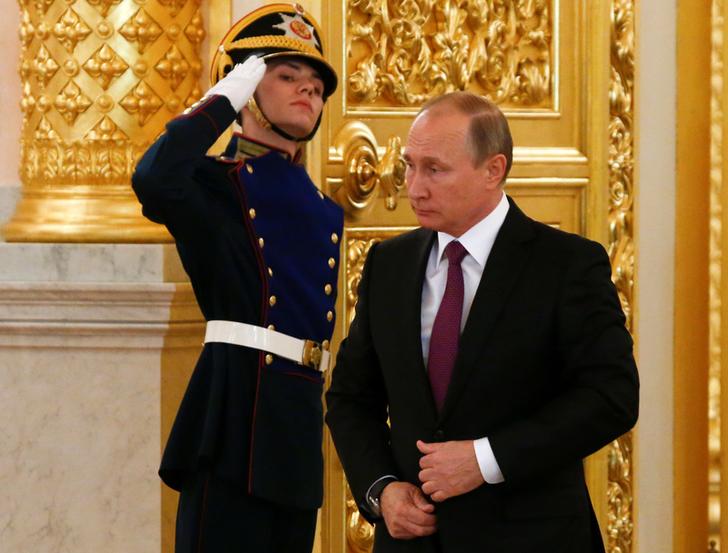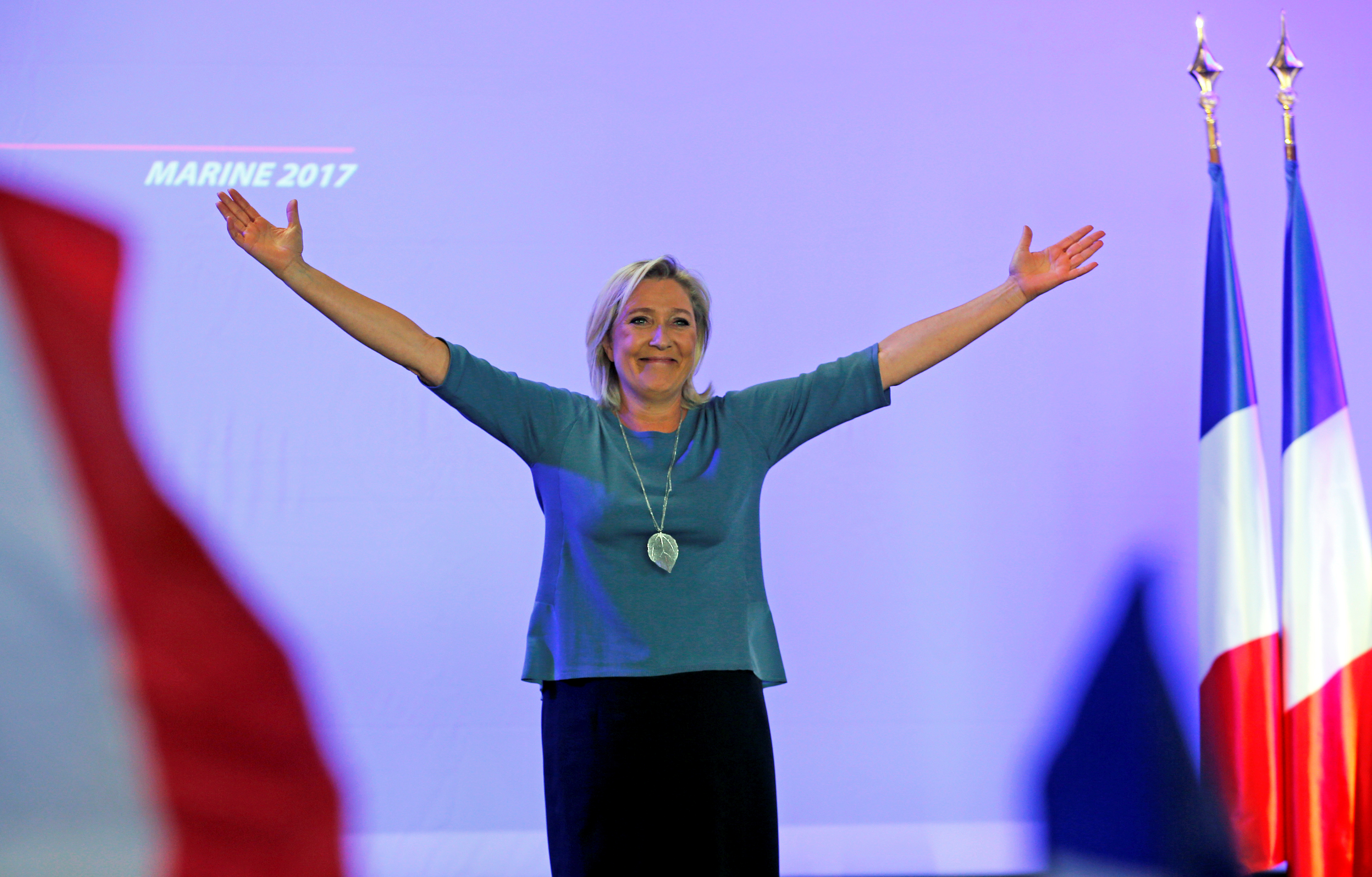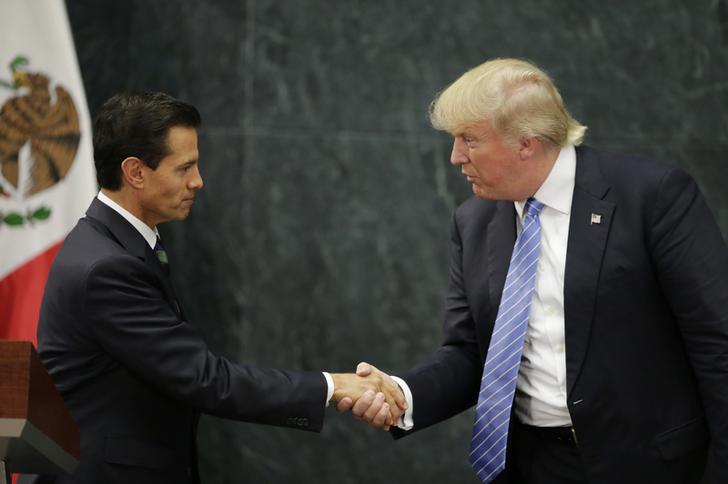Mexico—Donald Trump's enabler, from the wall to the meeting with Mexican President Enrique Pena Nieto. Upon Trump's election, the Mexican Peso crashed, which was hardly surprising. NAFTA allows for any member state to unilaterally pull out of the trade agreement provided they give 6 months' notice; for all Trump's talk about NAFTA being the worst deal signed in the history of the world, suddenly walking away from NAFTA would cost the US millions of dollars and jobs, including from the people who voted for him. Still, he's poised to extract concessions from Mexico and Canada. The silver-lining? At least the decision to invite Trump during the campaign seems prescient now in addition to insane. So that's something.
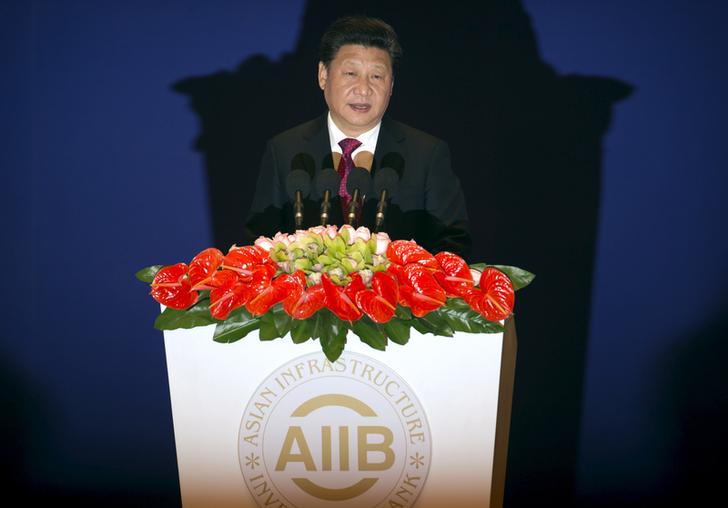 China
China
Beijing was already setting up alternative institutions to Washington's IMF and World Bank with its Asian Infrastructure Investment Bank (AIIB), so it's pretty clear it has global aspirations. And under a Trump presidency, one which actively calls for the US to do less in the world, Beijing will have more space to realize its aspirations.
Prior to last week's elections, China's neighbors were increasingly wary of Beijing's growing economic strength, and were hedging towards the US as a way of counterbalancing. However, the worries started when the US failed to pass to TPP; they turned into full-blown panic when Trump—a candidate who openly questioned long-standing security treaties with countries like South Korea and Japan on the campaign trail—won the presidency. And as long as Trump pushes trade barriers and keeps up his saber-rattling rhetoric, Asian countries will be more inclined to play ball with an increasingly sane and stable (in comparison) China.
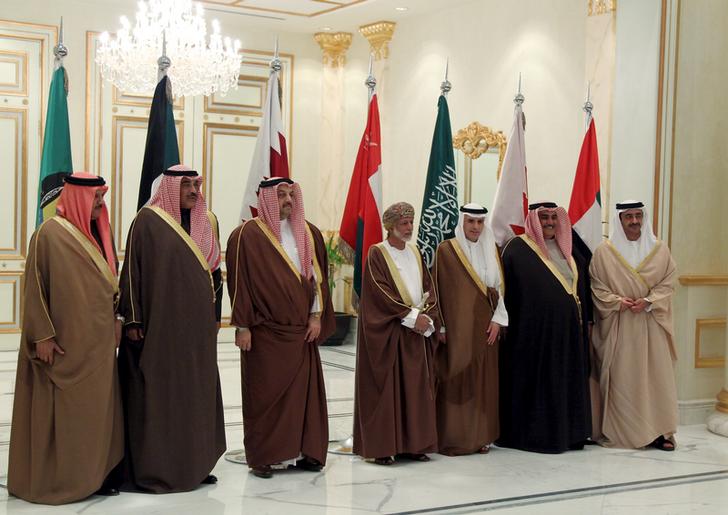 Saudi Arabia
Saudi Arabia
And then there's the Saudis, who have no idea what to make of this Trump fellow and are left with a raft of questions. Chief among them:
1) How serious was Trump about the Saudis assuming more of their own security, particularly in regards to their securing nuclear weapons?
2) Is Trump planning to tear up the Iran deal? If so, what does he plan to do after to ensure Tehran doesn't secure nuclear weapons? The only country in the world as concerned about a nuclear Iran aside from Israel and the US is Saudi Arabia, Iran's bitter rival.
3) What role does Trump want the US to play in Syria? Will he wade in further, or will he allow Russia to continue bolstering Assad, Iran's proxy in this particular battlefield?
These are all critical questions—and none will be answered definitively before Trump takes office January 20, 2017.
Of course, this is all early speculation. The reality is that probably Trump doesn't even know how he's going to approach these countries. His seam-of-the-pants approach to campaigning is what made him such a dangerous candidate for his opponents; if his governing style follows suit, it's what will make him so dangerous for the rest of the world.

 U.S. Republican presidential nominee Donald Trump attends a campaign event in Wilmington, Ohio, U.S. November 4, 2016. REUTERS/Carlo Allegri
U.S. Republican presidential nominee Donald Trump attends a campaign event in Wilmington, Ohio, U.S. November 4, 2016. REUTERS/Carlo Allegri
